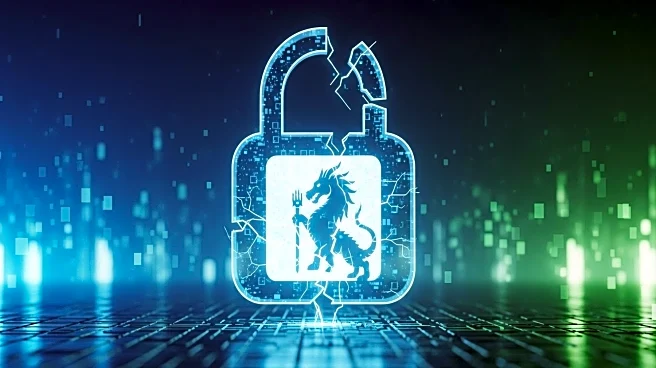What's Happening?
A year after the 'Teraleak,' hackers have released additional data from Game Freak's servers, focusing on Pokémon Legends: Z-A. The leaked content includes screenshots and gameplay videos of beta builds, showcasing features and mechanics not present in the final game. The timing of the release, just days before the official launch of Pokémon Legends: Z-A, suggests that hackers strategically held back these files. Despite Nintendo's legal efforts to identify the hackers, the release indicates ongoing challenges in securing sensitive data. The leak has also revealed details about Mega Pokémon species and post-launch DLC, further fueling fan discussions.
Why It's Important?
The release of hacked files is crucial as it exposes the vulnerabilities in Game Freak's data security and highlights the challenges faced by developers in protecting their intellectual property. For fans, the leak provides a deeper understanding of the game's development process and potential features, influencing their expectations and engagement with the franchise. The situation also underscores the importance of cybersecurity measures in the gaming industry, as breaches can have significant legal and financial implications for companies like Nintendo and Game Freak.
What's Next?
Nintendo and Game Freak may intensify their efforts to locate and prosecute the hackers responsible for the Teraleak. The companies might also enhance their cybersecurity protocols to prevent future breaches. As Pokémon Legends: Z-A officially launches, fan reactions to the leaked content could impact the game's reception and sales. The anticipation for 'Gen 10' games will continue to grow, with fans eagerly awaiting official announcements and releases.
Beyond the Headlines
The leak raises ethical questions about the dissemination of unauthorized information and its impact on the gaming industry. It highlights the tension between fan curiosity and the protection of proprietary data. The situation also reflects broader issues of privacy and security in the digital age, emphasizing the need for robust measures to safeguard sensitive information.










